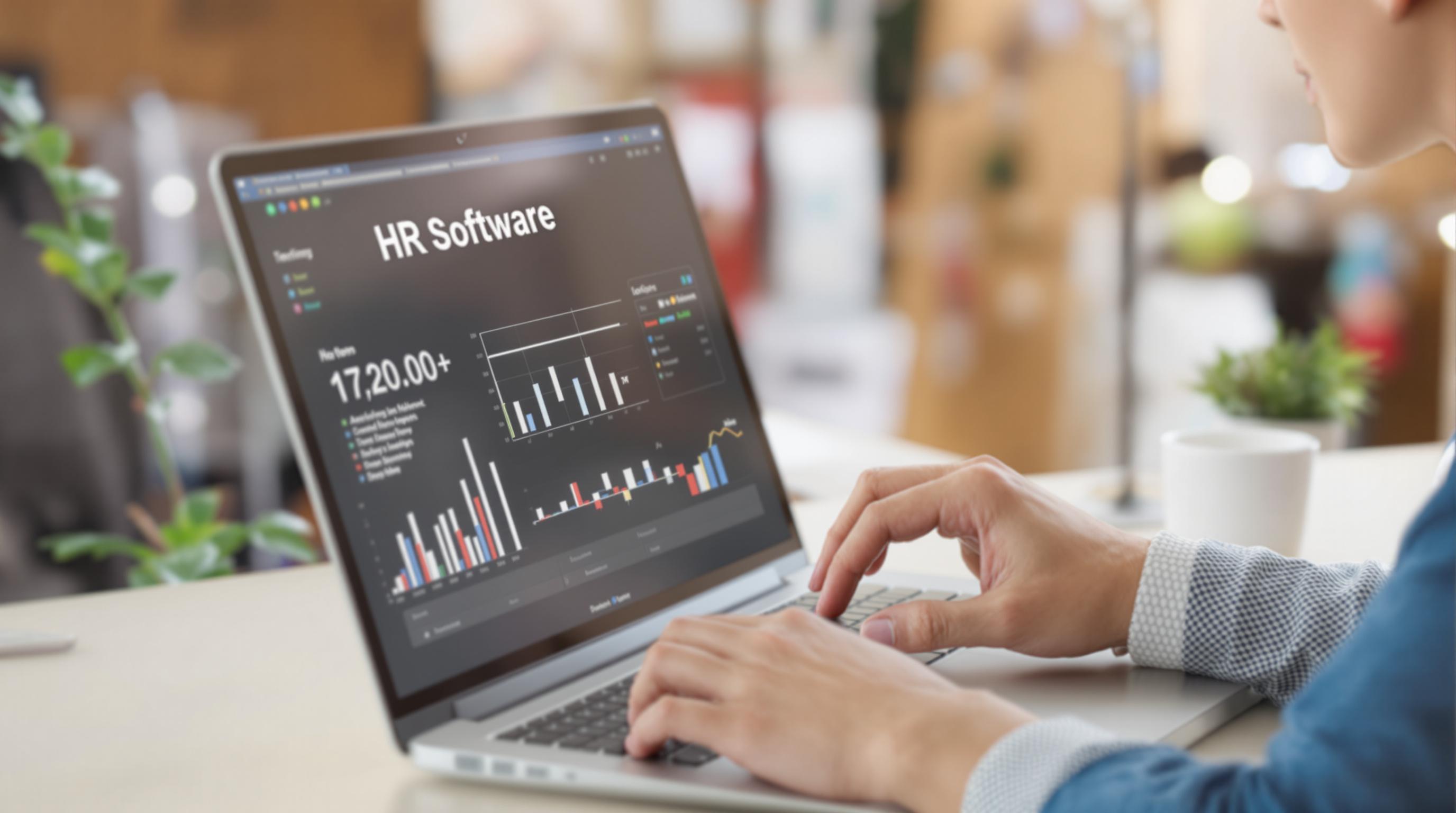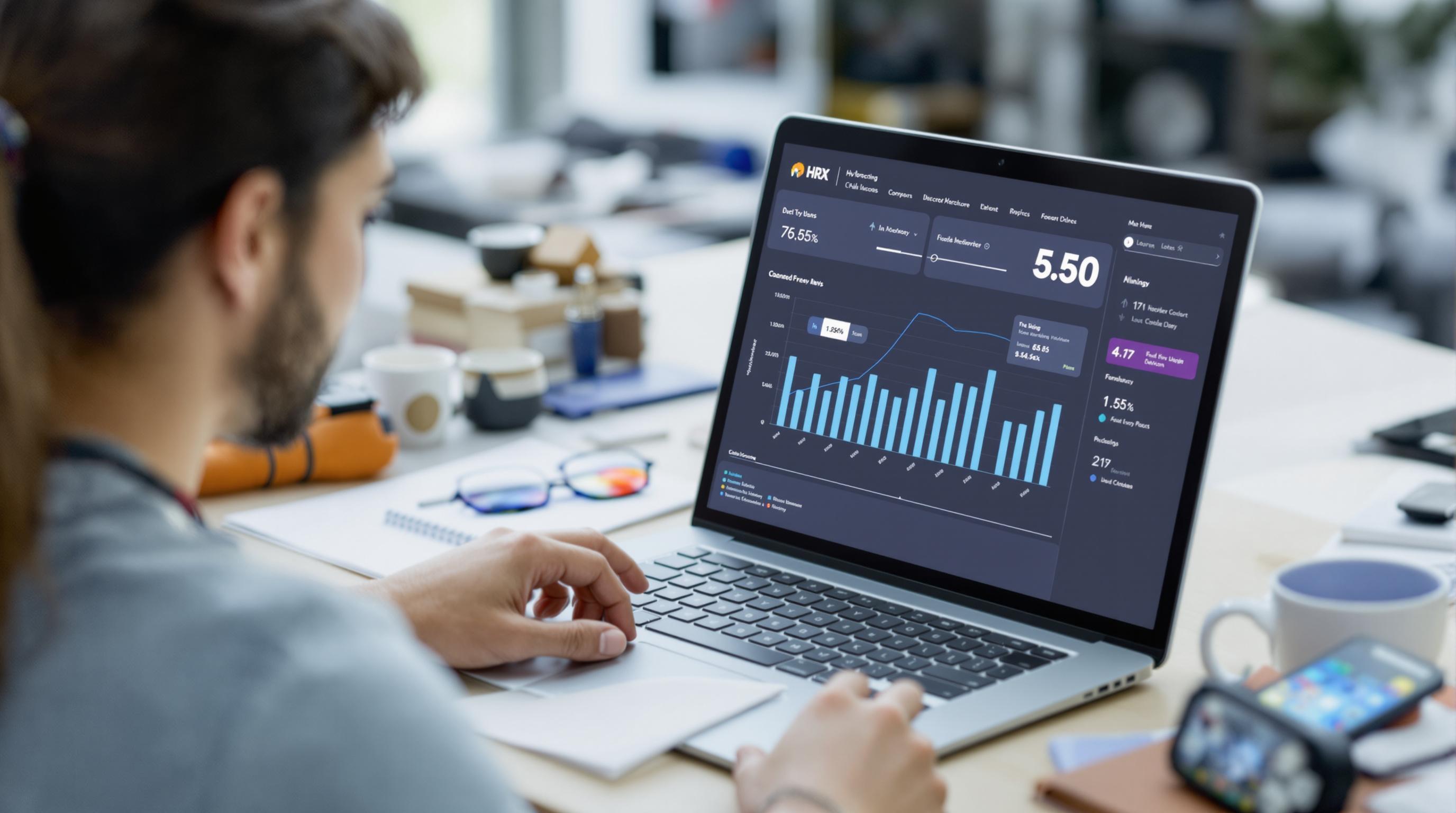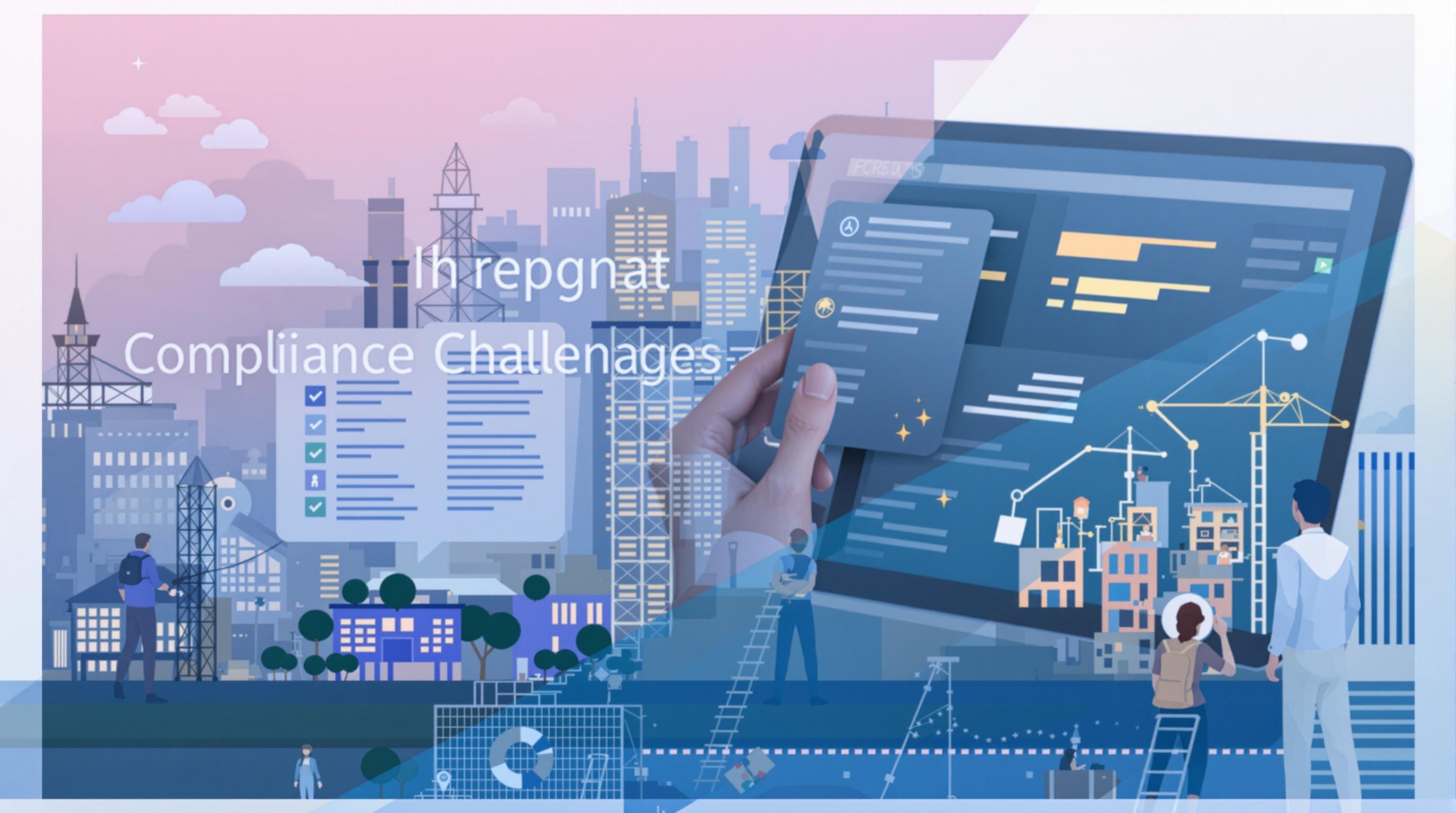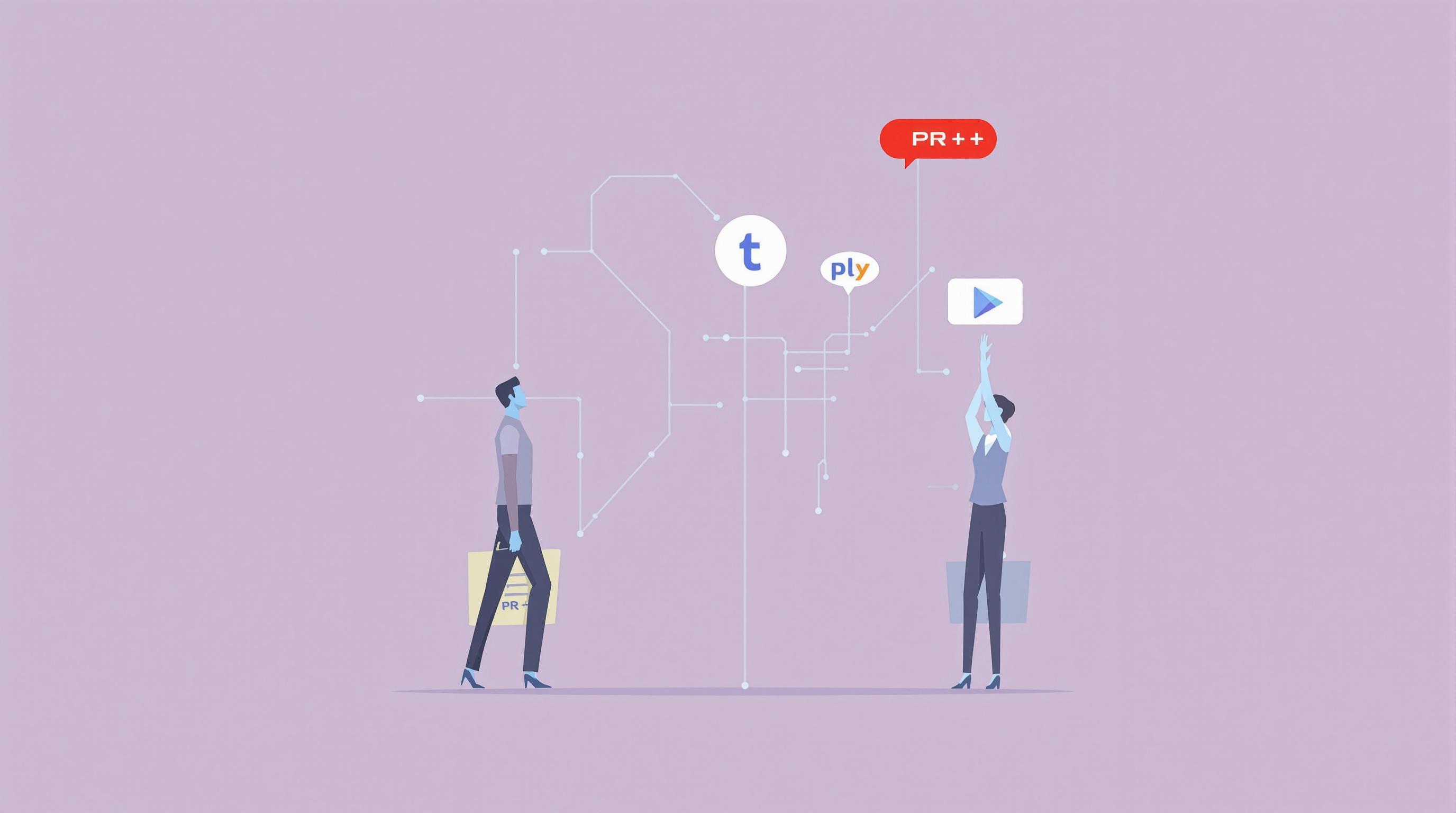Related Articles
- Top 6 AI-Powered Support Tools From the Last Five Years Revolutionizing Customer Interaction Efficiency
- Top 6 Subscription Pricing Strategies Powering SaaS Growth Since 2019 Compared and Ranked
- 7 Game-Changing Support Platforms Released Since 2019 That Are Redefining Customer Service Excellence
- Top 6 Cutting-Edge HR Solutions Revolutionizing Hybrid Workforce Management Since 2019
- Unveiling the Shadow Costs: How Hidden Fees Shape Consumer Trust and Loyalty in Commercial Transactions
- 7 Emerging Project Management Apps from the Last Five Years That Outsmart Legacy Giants
6 Innovative HR Software Features Enhancing Compliance and Risk Management for Modern Workplaces
6 Innovative HR Software Features Enhancing Compliance and Risk Management for Modern Workplaces
6 Innovative HR Software Features Enhancing Compliance and Risk Management for Modern Workplaces
1. Automated Policy Updates and Notifications
One of the most crucial aspects of compliance in HR is staying current with ever-changing regulations. Modern HR software offers automated policy updates that align with the latest labor laws and workplace standards. This feature ensures that organizations do not miss critical legal changes that could otherwise lead to penalties or lawsuits.
Additionally, automated notifications alert HR managers and employees about new or updated policies, ensuring timely acknowledgment and adherence. This helps reduce risk by fostering awareness and consistent application of workplace rules.
By integrating regulatory databases and leveraging AI to parse legislation, these systems not only save time but also enhance compliance accuracy, a significant advantage in industries with complex requirements such as healthcare and finance.
2. Comprehensive Employee Training and Certification Tracking
Compliance often requires specific employee training and certification, especially in sectors like manufacturing, construction, and healthcare. Innovative HR software packages include features to schedule training sessions, manage enrollment, and track completion status efficiently.
These systems provide detailed dashboards that highlight pending certifications or expired qualifications, enabling proactive management to close compliance gaps before they become liabilities. This real-time visibility helps reduce risk related to insufficiently trained personnel.
Furthermore, digital trails of training records facilitate easier audits and verification processes, which are essential for proving compliance to regulatory bodies and internal governance teams.
3. Advanced Employee Data Security Measures
Protecting employee data is a critical compliance requirement under regulations like GDPR and CCPA. Modern HR software incorporates robust data encryption, secure access controls, and multi-factor authentication to safeguard sensitive information.
These security features help minimize the risk of data breaches, which can lead to significant financial penalties and reputational damage. By ensuring that personal and payroll data is stored and transmitted securely, organizations uphold privacy standards effectively.
Moreover, audit logs and activity monitoring provide transparency into data access and modifications, which supports accountability and helps detect potential insider threats or accidental disclosures.
4. Robust Audit and Compliance Reporting Tools
Generating accurate and timely reports is essential for demonstrating compliance during audits. Innovative HR software includes customizable reporting tools that aggregate data related to employee status, training, compensation, and disciplinary actions.
These tools often come with pre-built compliance templates aligned with regulations such as OSHA, FLSA, and EEO, which streamline preparation for internal and external audits. They reduce manual errors and save significant time in data compilation.
By enabling continuous monitoring through dashboards and alerts, these features empower HR teams to address potential non-compliance issues proactively rather than reactively.
5. Real-Time Risk Assessment and Incident Management
Modern workplaces face diverse risks ranging from workplace safety to harassment claims. Advanced HR software facilitates real-time risk assessment by collecting and analyzing data from employee feedback, workplace incidents, and environmental sensors.
In the event of an incident, incident management modules guide HR through standardized response protocols, documentation, and resolution tracking. This expedites corrective actions and supports compliance with safety regulations.
Integration with mobile reporting tools allows employees to report hazards or concerns promptly, reducing risk exposure, and fostering a culture of accountability and safety.
6. AI-Powered Predictive Analytics for Workforce Compliance
Artificial intelligence has paved the way for predictive analytics in HR compliance management. By analyzing historical HR data alongside external compliance trends, AI algorithms can forecast potential compliance risks before they materialize.
This empowers organizations to implement preventive measures such as adjusting staffing levels, revising policies, or targeting employee training where it is most needed. Predictive insights enable smarter decision-making and reduce costly compliance breaches.
Moreover, continuous machine learning improves the accuracy of these predictions over time, providing an evolving compliance strategy that adapts to new risks and regulations.
Conclusion: Driving Compliance Forward with Innovative HR Technologies
The dynamic regulatory landscape and rising workplace risks demand sophisticated HR solutions that go beyond traditional record-keeping. Features such as automated updates, robust training management, enhanced data security, comprehensive reporting, incident management, and AI-driven analytics collectively fortify modern workplaces against compliance failures and associated risks.
Integrating these features not only ensures adherence to legal mandates but also promotes a safer and more transparent work environment. As highlighted by sources such as SHRM and Forbes, investing in innovative HR software is no longer optional but essential for future-ready, compliant organizations.
By harnessing technology intelligently, companies can transform compliance from a reactive task into a strategic advantage that supports sustainable growth and workforce well-being.




